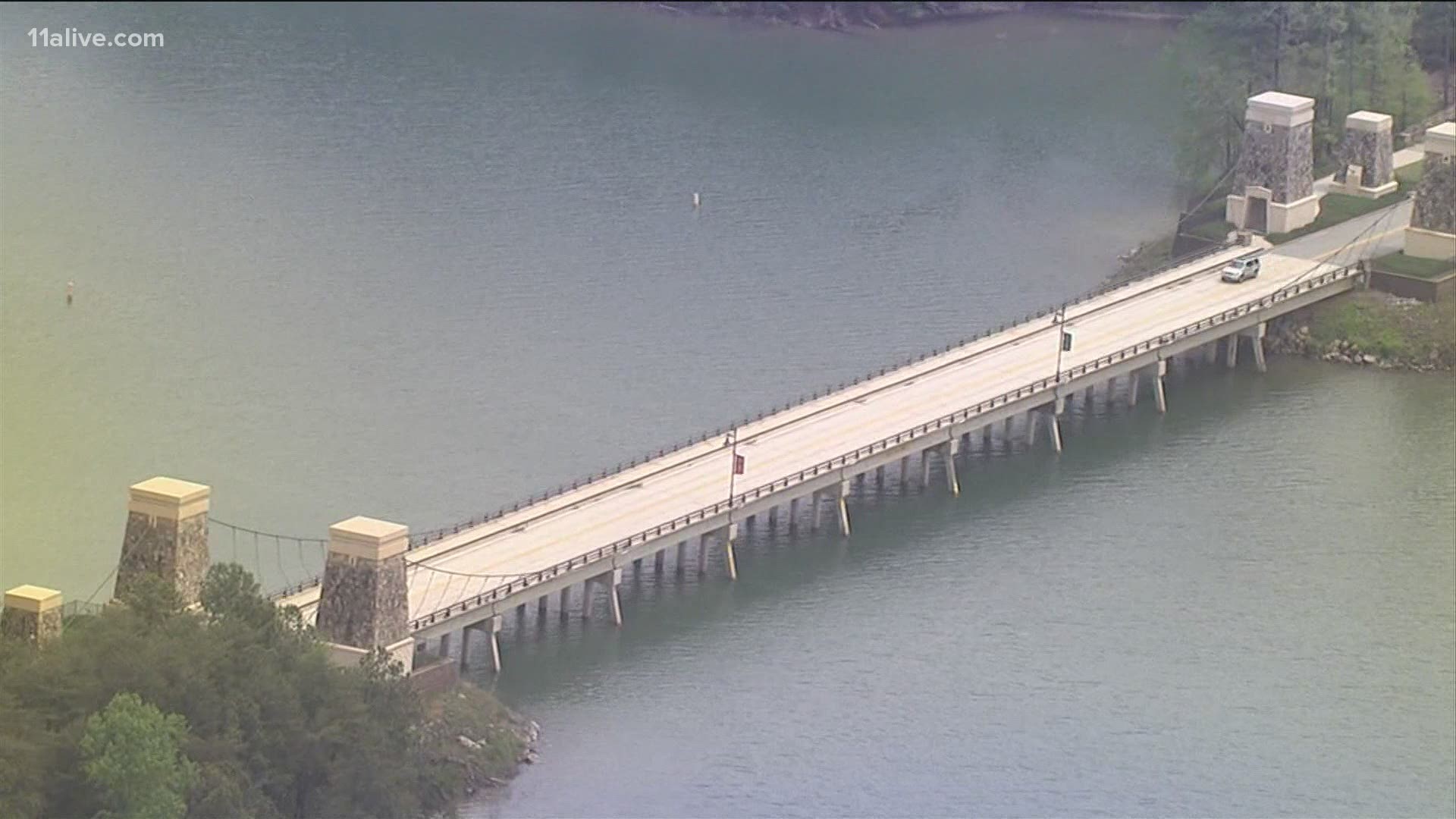ATLANTA — Georgia gained another legal victory in the long-running water wars litigation between the Peach State and its neighbors this week, with a federal court decision over how the U.S. Army Corps of Engineers manages water supply between the states.
It follows on Georgia's final victory in April in the longest-running and highest-profile piece of litigation in the water wars, in which the Supreme Court ruled against a Florida claim that Georgia was using too much of the water that flows from waterways such as the Chattahoochee River.
In the U.S. District Court for the Northern District of Georgia this week, Judge Thomas W. Thrash ruled in favor of the Army Corps of Engineers, as well as the State of Georgia, the City of Atlanta and a number of other Atlanta-area public authorities, in a lawsuit brought by Alabama and wildlife groups.
Alabama had argued an updated master manual on how the Corps would divide the waters of the ACF River Basin, which is comprised of the Apalachicola, Chattahoochee and Flint rivers and runs from northeast Georgia down to the Gulf of Mexico, violated multiple federal laws.
The updated master manual, first issued in 2017, was the end result of a previous legal matter involving a request from Georgia and Atlanta area governments to increase their water supply "by allocating... for direct withdrawals of 222 million gallons of water per day from Lake Lanier."
The wildlife groups, meanwhile, argued the Corps' plan violated the National Environmental Policy Act of 1969 because the Corps did not follow proper procedures for issuing the plan under the NEPA law.
Judge Trash rejected both arguments, agreeing with the Corps' and Georgia's argument that the "Corps’ authoritative conclusion to accommodate Georgia’s water-supply request.. is entitled to significant deference from this Court."
In deferring to the Corps' expertise in how to allocate the water supplies of the ACF Basin, Judge Thrash concluded:
"The ACF Basin Master Water Control Manual Update assures a dependable supply of water from Lake Lanier and the Chattahoochee River to the Atlanta Metropolitan region through the year 2050. It does so without significant sacrifices to environmental standards, and recognizes the need to maintain other uses of the ACF system such as flood control, hydropower generation, fish and wildlife conservation, navigation and recreation. The effect upon the Apalachicola River and Bay will be negligible. The decision was not arbitrary or capricious. The Plaintiffs have not met their burden of showing that this delicate balance should be upset. In the absence of an agreement among Georgia, Florida and Alabama, there is no better alternative."

